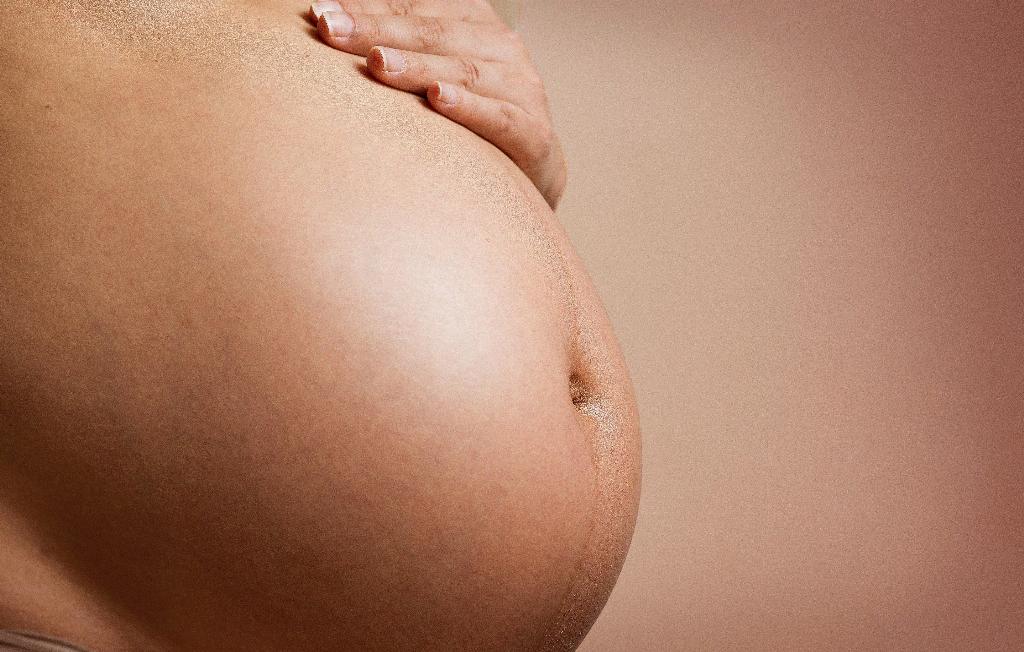When you’re pregnant, it’s common to experience various changes in your body, including those that affect the digestive system. One of the primary reasons why you may notice that your food is not digesting as quickly or efficiently as before is due to the influence of pregnancy hormones. These powerful hormones, such as progesterone, play a crucial role in supporting a healthy pregnancy but can also have a direct impact on your digestion.
The Role of Progesterone in Digestive Sluggishness
Progesterone, a hormone essential for maintaining pregnancy, is known to cause relaxation of smooth muscles throughout the body. This relaxation extends to the muscles in the stomach and the intestines, leading to a significant slowdown in the digestive process. As a result, food may linger in the digestive tract for longer periods, contributing to symptoms such as bloating, gas, and discomfort.
Effects on Gallbladder Function
Another crucial aspect influenced by pregnancy hormones is the function of the gallbladder. The hormone progesterone can lead to delayed emptying of the gallbladder, which plays a crucial role in the digestion of fats. When the gallbladder doesn’t empty efficiently, it can affect the breakdown and absorption of dietary fats, further contributing to digestive issues during pregnancy.
Changes in Stomach Acidity
Along with the impact on muscle relaxation and gallbladder function, pregnancy hormones can also influence the acidity levels in the stomach. Some pregnant individuals may experience an increase in stomach acid production, which can lead to acid reflux, heartburn, and indigestion. These symptoms can further complicate the digestion process and contribute to overall discomfort.
Slowed Intestinal Transit Time
Moreover, the effects of progesterone on the intestines can result in slowed transit time. This means that food moves more slowly through the digestive tract, allowing for increased water absorption and potentially leading to constipation. The combination of slowed transit time and increased water absorption can further hinder the digestion process and contribute to digestive issues.
Dietary Considerations During Pregnancy
Given the changes that occur in the digestive system during pregnancy, it’s essential to pay attention to your dietary choices. Opting for smaller, more frequent meals can help alleviate some of the pressure on the digestive system and reduce symptoms of bloating and discomfort. Additionally, focusing on high-fiber foods, plenty of water intake, and avoiding trigger foods can support healthier digestion.
Managing Digestive Discomfort
If you’re experiencing persistent digestive issues during pregnancy, it’s crucial to communicate with your healthcare provider. They can offer guidance on managing symptoms, recommend appropriate dietary adjustments or supplements, and rule out any underlying conditions that may be exacerbating digestive issues. By staying proactive and seeking support, you can work towards improving your digestive comfort during this transformative time.
Practicing Mindful Eating Habits
Practicing mindful eating habits can also positively impact your digestion during pregnancy. Taking the time to chew your food thoroughly, eating slowly, and avoiding distractions during meals can aid in the digestion process. By allowing your body to focus on digesting food properly, you may reduce the likelihood of experiencing digestive discomfort and support overall digestive health.
Importance of Nutrient-Rich Foods
While navigating digestive challenges during pregnancy, it’s vital to prioritize nutrient-rich foods that support both your health and the development of your baby. Incorporating a variety of fruits, vegetables, whole grains, lean proteins, and healthy fats can provide essential nutrients while also promoting smoother digestion. Working with a healthcare provider or a nutritionist can help you tailor your diet to meet your unique needs during pregnancy.
Listening to Your Body
Above all, it’s important to listen to your body and honor its signals during pregnancy. If certain foods consistently trigger digestive discomfort, consider avoiding or limiting them to support digestive wellness. Pay attention to how your body responds to different meals and make adjustments accordingly to promote better digestion and overall well-being throughout your pregnancy journey.
Conclusion: Nurturing Digestive Health During Pregnancy
In conclusion, the changes in hormone levels, particularly progesterone, can significantly impact the digestive system during pregnancy. Understanding how these hormonal shifts affect muscle relaxation, gallbladder function, and intestinal transit time can help you navigate digestive challenges more effectively. By adopting mindful eating habits, making informed dietary choices, and seeking support from healthcare providers, you can nurture your digestive health and promote overall well-being throughout your pregnancy.

